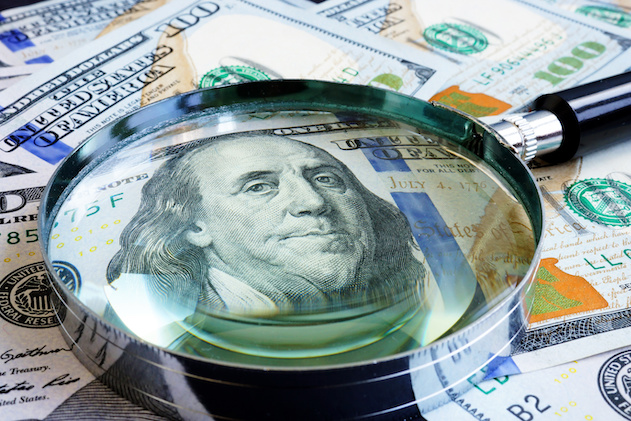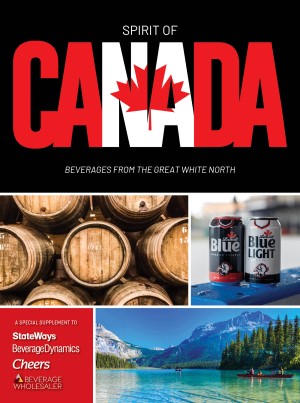When was the last time you relied on your gut instinct, or intuition, to guide you or make a decision? When this sixth sense kicks in it creates a primal, immediate response and understanding. There’s no need to think something over or solicit another opinion—you just know, right?
Psychologists describe it as rapid cognition or condensed reasoning that takes advantage of the brain’s built-in shortcuts.
The ultimate purpose of your gut instinct is to protect you. And we need to trust it. Most of the time. But sometimes our gut instincts not only steer us wrong, literally and figuratively, in some cases they cause us to do the exact opposite of what we should do.
Flying lessons
Take flying for example. In high school I took private and commercial pilot’s ground school in preparation for what I hoped might be a career as a professional pilot. That didn’t happen, but I did learn some things.
Most everyone knows that when you want an airplane’s nose to go up you pull back on the yoke or stick. And conversely, when you want to pitch the nose down you push the yoke or stick forward. Easy.
But when you begin dual instruction with a live instructor in a real airplane you learn that some of your instincts, such as pulling back on the stick when the airplane is in a stall position—where there is not enough air flowing over the wings to create the amount of lift needed to hold the airplane aloft—can kill you.
In this case, our instincts, or even what we were taught to do 99% of the time, is exactly the wrong thing to do in that 1% scenario.
Our typical business decisions aren’t a matter of life and death, but they can nonetheless carry with them serious consequences.
And right now, as our economy is in a stall position, unable to produce enough lift to stay aloft, your gut might be telling you, in the face of declining revenue, why you should be cutting back in various areas, including marketing.
With the help of some experts, let’s explore some of the reasons why that’s not only a bad idea, but in fact is the opposite of what you should do.
Budget considerations
In the aftermath of the last recession in 2008, ad spending and nearly all other forms of marketing dropped precipitously. And there are lots of metrics showing the same is happening today. But there have been a large number of studies—some going back nearly 100 years—that show the advantages of maintaining or even increasing marketing budgets during a weak economy.
For example, Buchen Advertising’s look at data from the 1949, 1954, 1958, and 1961 recessions suggested that companies that advertised less during those periods not only saw fewer sales and lower profits—they also experienced less growth than their competitors in the years after the recessions.
Data from the 2008 recession also suggested that companies that had cut back on marketing had a hard time regaining their market share afterwards as well. Companies that maintain or grew their spending typically increase sales and market share both during the recession and afterwards, when the economy rebounds.
Sales vs. savings
There is one more takeaway I remember from my days as a business magazine editor. Entrepreneurs and CEOs of publicly traded companies alike often told me that it’s almost impossible to save your way to profitability. They said over and over that when fixed costs are high, when cash flow is poor, when labor makes up a major portion of your costs, the only way to become profitable is to increase sales.
Professor John Quelch and Katherine E. Jocz wrote in the Harvard Business Review a piece called “How to market in a downturn.” They said that while it’s smart to contain costs, failing to support brands can jeopardize performance over the long term.
“Companies that put customer needs under the microscope,” they write, “take a scalpel rather than a cleaver to the marketing budget, and nimbly adjust strategies, tactics, and product offerings in response to shifting demand are more likely than others to flourish both during and after a recession.”
Still, they admit, company budget cuts often impact marketing disproportionately. For one thing, marketing communication costs can be trimmed more quickly than production costs, and usually without having to let people go.
They caution companies to be deliberate about managing their marketing expenses, because “building and maintaining strong brands—ones that customers recognize and trust—remains one of the best ways to reduce business risk” in their words.
Quelch and Jocz also said that “reassuring messages that reinforce an emotional connection with the brand and demonstrate empathy (for example, by conveying a sense that we’re going to get through this together) are vital.” For sure something to pay attention to today when our audiences are looking closely at our messaging, or in some cases, the lack of it.
You can be part of the solution, and by staying in front of your audience and stakeholders throughout this crisis, you can earn the social and business currency that can turn loyalty into revenue when we come out of this. So if your gut is telling you to cut back, pull back, hang on to every last cent of your cash and go radio silent, maybe this is that exact time to do the opposite.
David Gee is a content director and editor-in-chief at Boating Industry magazine, published by Cheers’ parent company EPG Media and Specialty Information.







